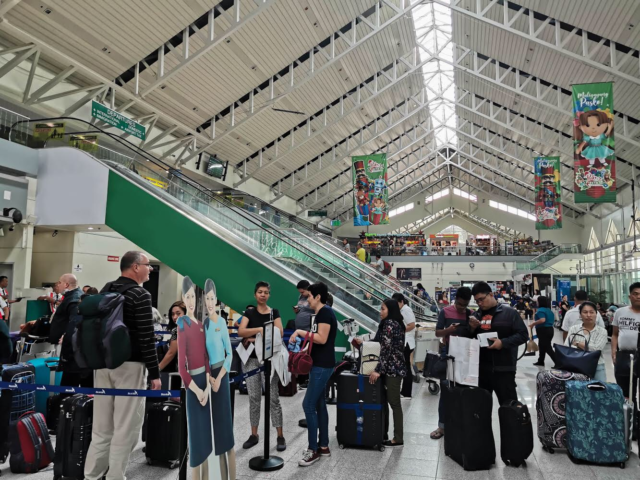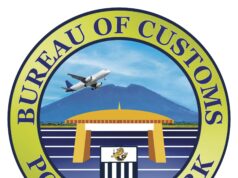The Civil Aeronautics Board (CAB), in which the Department of Tourism sits as vice-chair, held its regular board meeting on January 20 to thresh out issues and discuss the implementation of rules, which airlines must abide by during emergencies and similar situations.
On the initiative of the DOT, the CAB put forth during the board meeting its proposal to enhance the Air Passenger Bill of Rights (APBR). While it already contains strong provisions protecting the consumer, in cases of force majeure (like the recent Taal incident) including the right to compensation and amenities in case of flight delays or cancellation of flights, the APBR will be further strengthened by introducing provisions that will empower passengers to get timely notice or information from the airline, whether the flight will be cancelled, delayed, or push through.
As explained by the CAB, this enhancement will obligate airlines to invest on systems upgrades or develop technology to relay announcements to passengers, complete with appropriate advisories on the steps to take for them to avail of the entitlements under the APBR.
“The safety and welfare of passengers and tourists have always been a top priority of the CAB and DOT. With the enhanced Air Passenger Bill of Rights, we can ensure that they are provided with relevant, critical, and useful information during emergencies or as natural calamities unfold, thereby helping reduce the inconvenience or stress that passengers may experience during these unfortunate situations,” said DOT Secretary Bernadette Romulo Puyat.
For its part, the CAB will also continue to issue advisories to airlines reiterating their obligations to their passengers. Passengers are reminded that in cases of force majeure/natural disaster, as a rule, they are entitled to reimbursement of the full value of the fare. Even if the fare was deemed non-refundable by the airline, as long as the basis for the flight delay or cancellation is force majeure, this rule shall apply.





